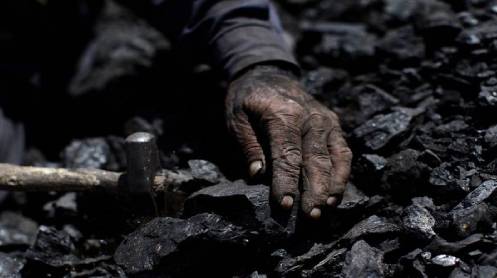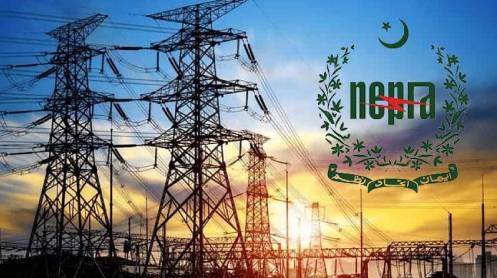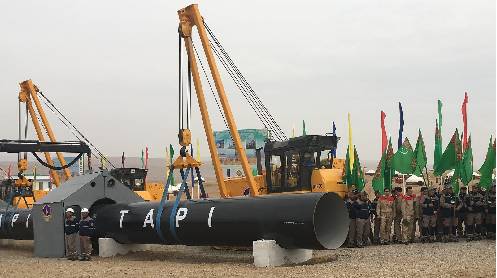ISLAMABAD: At a seminar titled “Leveraging Indigenous Coal Resources for Sustainable Energy in Pakistan,” experts emphasized the strategic importance of utilizing Thar coal to reduce dependency on imported fuels, stabilize energy costs, and enhance energy security. Organized by the US Pakistan Centre for Advanced Studies in Energy (USPCAS-E) at NUST, the seminar highlighted the need for a balanced approach to Pakistan’s renewable energy ambitions, integrating local coal resources to maintain a stable energy baseload.
Dr. Majid Ali, an Associate Professor at USPCAS-E, presented a whitepaper advocating for the conversion of imported coal-based power plants to Thar coal. He argued that this transition could lower consumer tariffs and reduce the financial burden on Pakistan’s economy. Dr. Ali urged that upcoming power projects, like the Jamshoro Power Company Limited-1 (JPCL-1), should immediately adopt Thar coal, setting a model for future developments. He also stressed the importance of developing a robust railway system to efficiently transport coal from Thar.
Ali Nawaz, Director General of Thermal at the Private Power & Infrastructure Board (PPIB), dispelled misconceptions about the quality of Thar coal, noting that its sulphur content is comparable to or even lower than imported coal. He mentioned successful tests at local power plants and revealed that PPIB had engaged a German consultant to evaluate the feasibility of converting imported coal-based plants to Thar coal. Nawaz also announced the imminent inauguration of a railway link between Thar and Chor, expected to further facilitate local coal usage.
Farrukh Ahmed, Head of Environment at Bestway, shared his company’s successful transition to Thar coal, which has resulted in significant cost savings.





